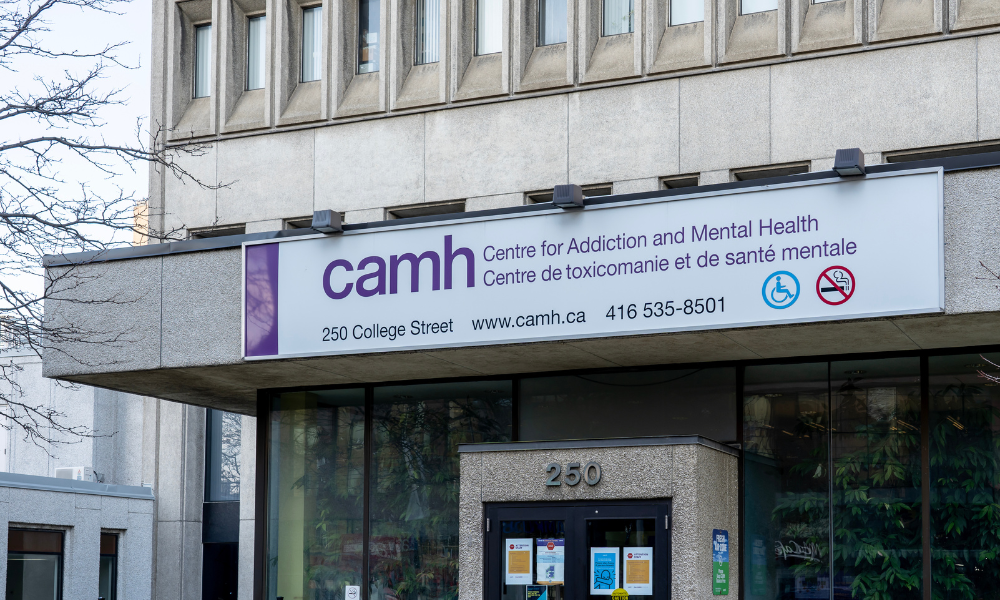Discrimination, bullying, and psychological distress rampant at the agency, says report

Employees at the Centre for Addiction and Mental Health (CAMH), Canada’s largest mental health hospital, experience widespread discrimination, bullying, and psychological distress in the workplace, according to a recent report.
Anonymous feedback from staff, including nurses and other healthcare professionals, revealed that many employees have developed anxiety, depression, and even suicidal thoughts as a result of what they describe as a toxic work environment, reported the National Post.
Several respondents noted a disconnect between CAMH’s mission to support mental health and the psychological state of its own staff.
“They make you doubt your sanity,” one employee told the National Post. Another stated, “It is ironic that an organisation that provides mental health support is so disconnected from the mental health of its staff” .
‘If you speak up, they can come after your job’
The National Post reported that when staff attempted to address concerns about bullying and discrimination, many faced retaliation and a lack of accountability. One employee described experiencing such severe anxiety that they would “throw up before work,” while another said, “If you speak up, they can come after your job.”
The internal reviews, conducted in 2021 and 2023, involved nearly half of CAMH’s workforce.
About 70 per cent of respondents reported experiencing discrimination based on racial or cultural background, with additional reports of religious and age-based discrimination. Despite CAMH’s public reputation as a leader in workplace wellness and diversity, 43 per cent of staff said they would not recommend CAMH as a workplace to colleagues, according to the National Post.
Dr. Kwame McKenzie, CAMH’s equity director, acknowledged the seriousness of the findings in an interview with the National Post, stating, “It’s very poignant. It’s very raw. It makes you think of the urgency that you need to do something different.”
In response, CAMH has introduced several initiatives, including expanded mental health coverage for staff and the formation of employee resource groups focused on anti-harassment and anti-discrimination. However, many employees remain sceptical about the effectiveness of these measures, citing a persistent culture of fear and mistrust, according to the National Post report.




